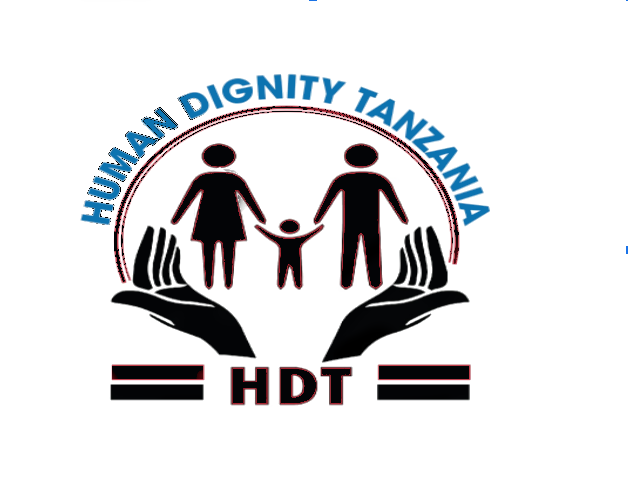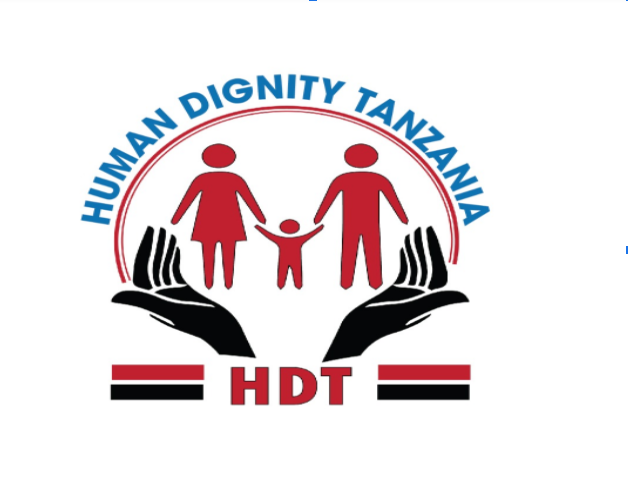Worldwide, women prisoners have higher levels of mental disorders and depression than male prisoners. Women are at risk of being murdered by their families after release from prison, if they have committed moral offenses. In most countries, women constitute a minority of the prison population usually between 2% and 8%. For example, in Tanzania according to the data provided in the parliament year 2016, at least 2008 women have been sent to prison in the period of four years starting from 2012 to 2016. Prison systems and prison regimes are almost invariably designed for the majority male prison population from the architecture of prisons, to security procedures, to facilities for healthcare, family contact, work and training. Women’s prisons are an adaptation of prisons for men. Therefore, prisons tend not to meet the needs of women prisoners, and women in prison are affected by imprisonment in a particularly harsh way. Women’s offending and imprisonment are closely related to women’s poverty. Women are particularly vulnerable to being detained because of their inability to pay fines for petty offenses and/or to pay bail. Women on remand constitute a large percentage of the women’s prison population in many countries. Women offenders typically come from economically and socially disadvantaged segments of society. Typically, they are young, unemployed, have low levels of education and have dependent children. At the same time, there tends to be a greater stigma attached to women’s imprisonment than men’s, and women who have been in prison may be hated by their families and communities. The needs and concerns of women prisoners are different from those of men prisoners. Women prisoners are very often the sole or primary career of young children, and have other family responsibilities. Women prisoners have different health needs, including those related to sexual and reproductive health. In some circumstances, women may start prison sentences while pregnant and eventually may give birth in prison. Whilst problems such as overcrowding, poor hygiene, and inadequate visiting facilities affect both men and women prisoners, there are many concerns that are specific to women, or which affect women prisoners in a different or particularly harsh way.




